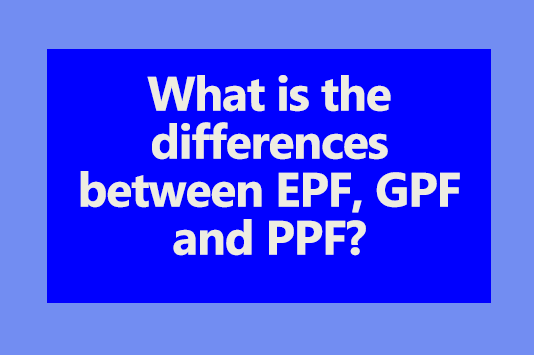The Union cabinet on Wednesday gave its nod to amendments in the Pension Fund Regulatory and Development Authority (PFRDA) Bill, which seeks to allow foreign players entry in the pension sector. Foreign direct investment (FDI) in the pension sector is likely to be kept at 26 per cent in line with the insurance sector. But, the cap will not be incorporated in the legislation.
The FDI cap will be communicated through an executive order to give flexibility to the government to change it whenever required. As a result, when the Insurance Bill proposing an increase in the FDI limit to 49 per cent is cleared, the government would have the flexibility to change the limit for pension, too.
The Bill also refrains from having a provision for assured returns to subscribers, as the government thinks it might involve huge, open-ended payments from its budget in case subscribers’ wealth doesn’t meet the minimum target.
“The government is of the view the FDI cap in pension should be 26 per cent, on a par with the insurance sector. However, it would like to retain the flexibility of changing the cap, which is why it has not been included in the Bill. The proposed legislation will not provide assured returns to the subscribers of pension schemes,” an official spokesperson said.
The clearance has paved the way for the Bill’s introduction in the Winter session of Parliament beginning on November 22.
The Bill has already been considered by a parliamentary standing committee. It will give statutory powers to the PFRDA to form rules on pension funds. At present, the PFRDA makes rules only for the new pension system.
The standing committee, headed by BJP leader Yashwant Sinha, had suggested prescribing the cap in the legislation itself and making a provision for minimum guaranteed returns. The government is of the view the foreign investment ceiling for the sector may not be specified under Foreign Exchange Management Act, 1999 (Fema) regulations.
Only for the insurance sector is the FDI cap determined, under the Insurance Act. For other sectors, including private sector banks, stock exchanges, depositories, asset reconstruction companies, clearing corporations and credit information companies, it is not determined under their respective legislation. The government also turned down the committee’s recommendation for allowing greater flexibility to subscribers for premature fund withdrawals from their accounts.
After the committee’s report came, the government has made only one amendment to the Bill. It proposed a pension advisory committee, with greater participation from employees and stakeholders, to have a look at the regulation on the lines of the insurance sector. On Wednesday’s approval was essentially for this amendment, as the rest of the Bill remains unchanged.
source: Business Standard
1 thought on “NPS bill approved by Cabinet – No assured pension amount says Govt”
Leave a Comment
You must be logged in to post a comment.


What would the central government employees get in return after their retirement? How much is the governments investment in for the employees under nps? Is there a guaranteed 100% return of what has been deducted and will 100% refunded?